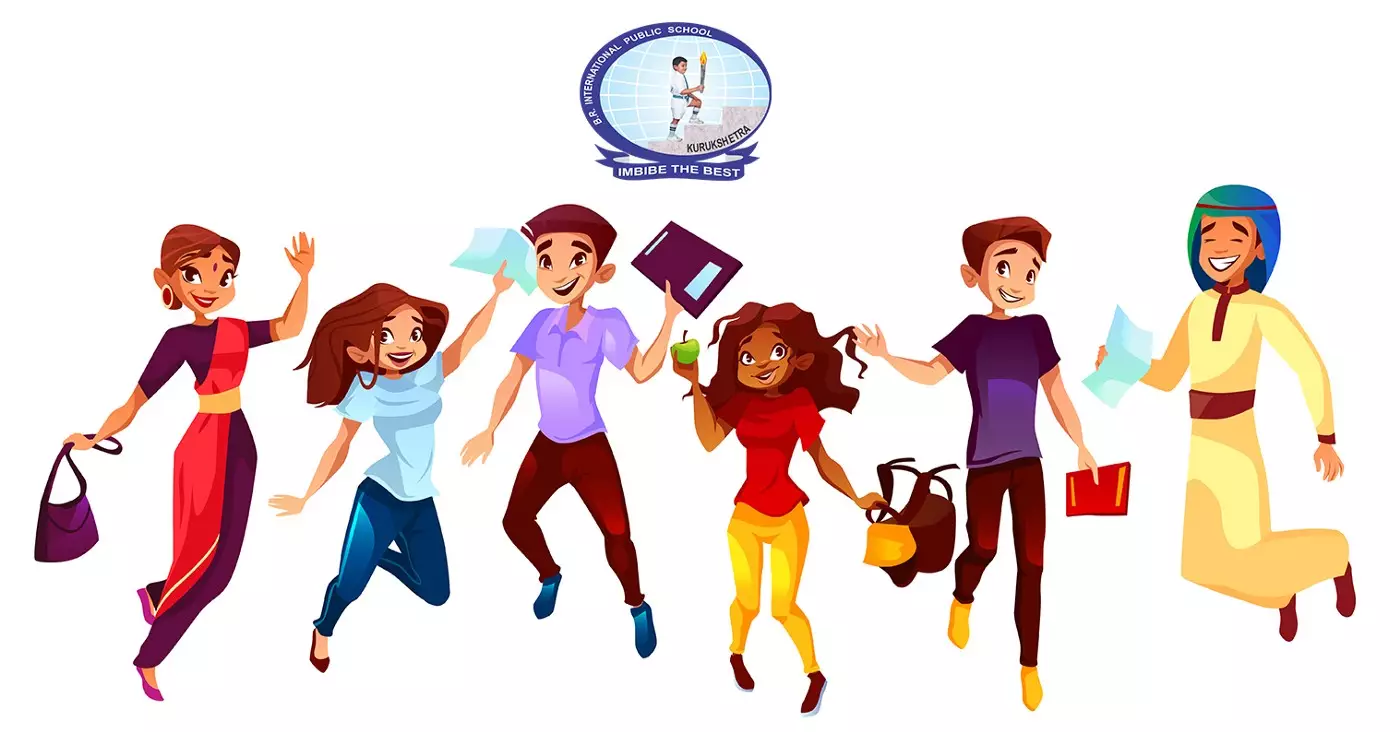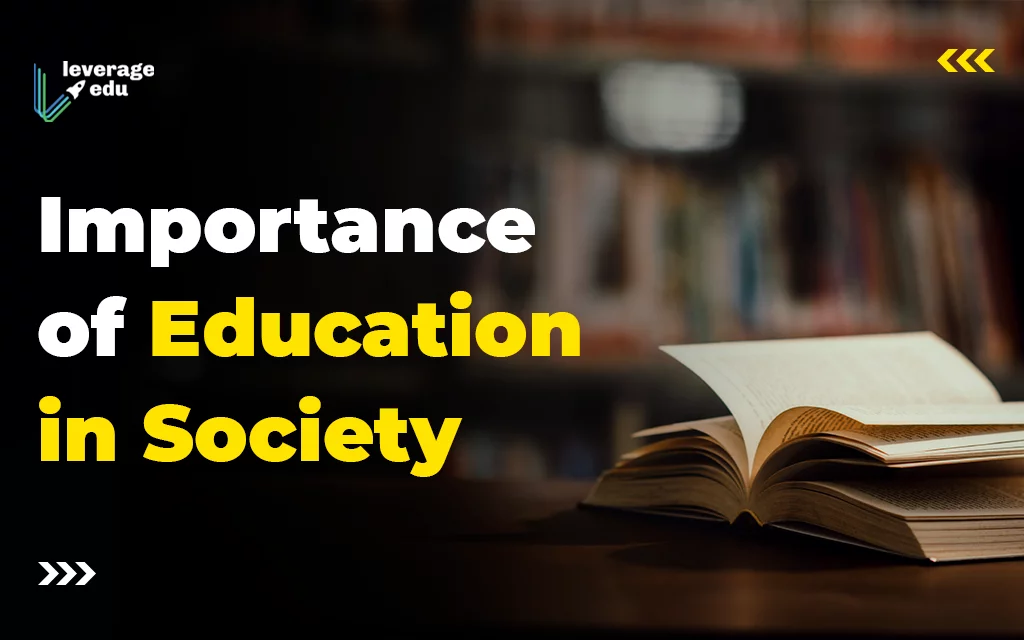Discuss Constitutional Provisions of India related to Education.
Constitutional Provisions:
The Constitution is the fundamental law of the country, reflecting the underlying and unifying values of society. It spells out the basic rights of each person it serves as a framework for all other laws and policies, and cannot be easily changed. However, it can be changed and updated through a democratic process, and it is important to keep it alive, by popularizing and using it, and by campaigning for its reform or amendment if necessary.
India’s some constitutional provisions related to education.
Article. 41:
Right to work, to education and to public assistance in certain cases. The State shall, within the limits of its economic capacity and development, male effective provision for securing the right to work, to education and to public assistance in cases of unemployment, old age, sickness and disablement, and in other cases of undeserved want.
Article. 45:
Provision for free and compulsory education for children.
The State shall endeavor to provide, within a period of ten years from the commencement of this Constitution, for free and compulsory education for all children until they complete the age of fourteen years.
The State shall endeavor to provide early childhood care and education for all children until they complete the age of six years.
Article. 46:
Promotion of educational and economic interests of Scheduled Castes, Scheduled Tribes and other weaker sections. The State shall promote with special care the educational and economic interests of the weaker sections of the people, and, in particular, of the Scheduled Castes and the Scheduled Tribes, and shall protect them from social injustice and all forms of exploitation.
Article. 29:
Protection of interests of minorities.
Any section of the citizens residing in the territory of India or any part thereof having a distinct language, script or culture of its own shall have the right to conserve the same.
No citizen shall be denied admission into any educational institution maintained by the State or receiving aid out of State funds on grounds only of religion, race, caste, language or any of them.
Article. 30:
Right of minorities to establish and administer educational institutions.
All minorities, whether based on religion or language, shall have the right to establish and administer educational institutions of their choice.
In making any law providing for the compulsory acquisition of any property of an educational institution established and administered by a minority, referred to in clause.
The State shall ensure that the amount fixed by or determined under such law for the acquisition of such property is such as would not restrict or abrogate the right guaranteed under that clause.
The State shall not, in granting aid to educational institutions, discriminate against any educational institution on the ground that it is under the management of a minority, whether based on religion of language.
Article. 350A:
Facilities for instruction in mother tongue at primary stage. It shall be the endeavor of every State and of every local authority within the State to provide adequate facilities for instruction in the mother-tongue at the primary stage of education to children belonging to linguistic minority groups and the President may issue such directions to any State as he considers necessary or proper for securing the provision of such facilities.
Article. 14:
Equality before law. The State shall not deny to any person equality before the law or the equal protection of the laws within the territory of India.
Article. 15:
Prohibition of discrimination on grounds of religion, race, caste, sex or place of birth.
The State shall not discriminate against any citizen on grounds only of religion, race, caste, sex, and place of birth or any of them.
No citizen shall, on grounds only of religion, race, caste, sex, place of birth or any of them, be subject to any disability, liability, restriction or condition with regard to:
- Access to shops, public restaurants, hotels and places of public entertainment or
- The use of wells, tanks, bathing ghats, roads and places of public resort maintained wholly or partly out of State funds or dedicated to the use of the general public.
Nothing in this article shall prevent the State from making any special provision for women and children.
Nothing in this article or in clause (2) of article 29 shall prevent the State from making any special provision for the advancement of any socially and educationally backward classes of citizens or for the Scheduled Castes and the Scheduled Tribes.
Article. 16:
Equality of opportunity in matters of public employment.
- There shall be equality of opportunity for all citizens in matters relating to employment or appointment to any office under the State.
- No citizen shall, on grounds only of religion, race, caste, sex, descent, place of birth, residence or any of them, be ineligible for, or discriminated against in respect or, any employment or office under the State.
Article.17:
- Protects individual freedom.
- Abolishes untouchablity.
- Grants right to constitutional remedies.
- Grants right to equality.
Article. 24:
Prohibition of employment of children in factories, etc, No child below the age of fourteen years shall be employed to work in any factory or mine or engaged in any other hazardous employment. Provided that nothing in this sub-clause shall authorize the detention of any person beyond the maximum period prescribed by any law made by Parliament under sub-clause (b) of clause (7) or such person is detained in accordance with the provisions of any law made by Parliament under sub-clauses (a) and (b) of clause (7).
Article. 25:
Freedom of conscience and free profession, practice and propagation of religion.
Subject to public order, morality and health and to the other provisions of this Part, all persons are equally entitled to freedom of conscience and the right freely to profess, practice and propagate religion.
Nothing in this article shall affect the operation of any existing law or prevent the State from making any law.
Article. 28:
Freedom as to attendance at religious instruction or religious worship in certain educational institutions.
No religion instruction shall be provided in any educational institution wholly maintained out of State funds.
Nothing in clause (1) shall apply to an educational institution which is administered by the State but has been established under any endowment or trust which requires that religious instruction shall be imparted in such institution.
Article. 337:
Special provision with respect to educational grants for the benefit of Anglo Indian community During the first three financial years after the commencement of this Constitution, the same giants, if any, shall be made by the Union and by each State for the benefit of the Anglo Indian community in respect of education as were made in the financial year ending on the thirty first day of March, 1948. During every succeeding period of three years, the grants may be less by ten per cent than those for the immediately preceding period of three years.
Provided that at the end of ten years from the commencement of this Constitution such grants, to the extent to which they are a special concession to the Anglo Indian community, shall cease: Provided further that no educational institution shall be entitled to receive any grant under this article unless at least forty per cent of annual admissions therein are made available to members of communities other than the Anglo Indian community.
Article. 343:
Official language of the Union.
The official language of the Union shall be Hindi in Devanagari script. The form of numerals to be used for the official purposes of the Union shall be the international form of Indian numerals.
Not with standing anything in clause (1), for a period of fifteen years from the commencement of this Constitution, the English language shall continue to be used for all the official purposes of the Union for which it was being used immediately before such commencement:
Provided that the president may, during the said period by order authorize the use of the Hindi language in addition to the English language and of the Devanagari form of numerals in addition to the international form of Indian numerals for any of the official purposes of the Union.
Article. 345:
Official language or languages of a State Subject to the provisions of Article 346 and 347, the Legislature of a State may by law adopt any one or more of the languages in use in the State or Hindi as the language or languages to be used for all or any of the official purposes of that State: Provided that, until the Legislature of the State otherwise provides by law, the English language shall continue to be used for those official purposes within the State for which it was being used immediately before the commencement of this Constitution.
Article. 346:
Official language for communication between one State Ind another or between a State and the Union. The language for the time being authorized for use in the Union for official purposes shall be the official language for communication between one State and another State and between a State arid the Union: Provided that if two or more States agree that the Hindi language should be the official language for communication between such States, that language may be used for such communication.
Article. 347:
Special provision relating to language spoken by a section of the population of a State: On a demand being made on that behalf the President may, if he is satisfied that a substantial proportion of the population of a State desire the use of any language spoken by them to be recognized by that State, direct that such language shall also be officially recognized throughout that State or any part thereof for such purpose as he may specify.
Article. 350:
Language to be used in representations for redress of grievances: Every person shall be entitled to submit a representation for the redress of any grievance to any officer or authority of the Union or a State in any of the languages used in the Union or in the State, as the case may be.
Article. 351:
Directive for development of the Hindi language: It shall be the duty of the Union to promote the spread of the Hindi language, to develop it so that it may serve as a medium of expression for all the elements of the composite culture of India and to secure its enrichment by assimilating without interfering with its genius, the forms, style and expressions used in Hindustani and in the other languages of India specified in the Eighth Schedule, and by drawing, wherever necessary or desirable, for its vocabulary, primarily on Sanskrit and secondarily on other languages.





